The FCFA of Canada acknowledges Prime Minister Harper’s decision to visit the Governor General earlier than anticipated in order to dissolve Parliament and formally kick off the election campaign.
However, for the FCFA, the campaign has already been under way for a number of months. Since the beginning of the year, the Federation has met with many of the three major parties’ MPs, individually, specifying the Francophone and Acadian communities’ expectations and priorities in relation to the next government.
More recently, we worked with our member organizations in an effort to provide citizens who wish to question candidates on Francophonie issues with the tools they may need, whether when the candidates are campaigning door-to-door or at the parties’ summer activities.
The commitments that we are asking for are simple. We want the next government to assure the Francophone and Acadian communities their fair share of the country’s annual immigration. We want the next government to ensure that our public broadcaster, Radio-Canada, has the means to fulfill its mandate. We want the next government to invest in the French-language services, organizations, institutions, community centres, media and the events created by our communities for our communities, and that enable Francophones to live in French in day-to-day life. We want the next government to commit to never again accept anything less than excellence in complying with the Official Languages Act.
The FCFA’s attention will now be turned to Francophone citizens living in the nine provinces and three territories. Starting the day after Labour Day, the Federation’s priority will be to get the Francophone vote out on October 19 and ensure that Francophones have all the information needed to exercise their right to vote.
The FCFA is a national organization that brings together nine provincial and three territorial associations representing Francophone interests, as well as nine national organizations. Its role is to defend and promote the rights and interests of French-speaking population living outside Québec.







